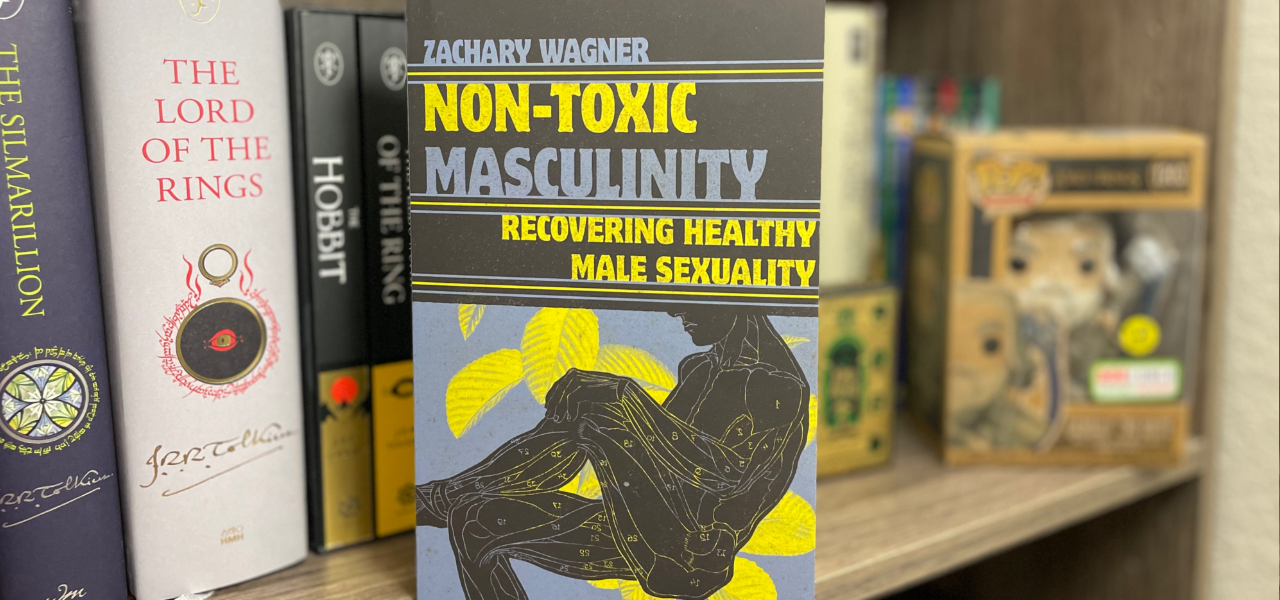Consuming Zeal: A Holy Monday Meditation

As we continue to consider the week leading up to the crucifixion and resurrection of Jesus, I want to turn to Mark 11. On the day following his triumphant entry into Jerusalem, Jesus curses the fig tree and cleanses the temple. We see this recorded for us in Mark 11:12-19
The next day when they went out from Bethany, he was hungry. Seeing in the distance a fig tree with leaves, he went to find out if there was anything on it. When he came to it, he found nothing but leaves; for it was not the season for figs. He said to it, “May no one ever eat fruit from you again!” And his disciples heard it.
They came to Jerusalem, and he went into the temple and began to throw out those buying and selling. He overturned the tables of the money changers and the chairs of those selling doves, and would not permit anyone to carry goods through the temple. He was teaching them: “Is it not written, My house will be called a house of prayer for all nations? But you have made it a den of thieves!”
The chief priests and the scribes heard it and started looking for a way to kill him. For they were afraid of him, because the whole crowd was astonished by his teaching. Whenever evening came, they would go out of the city.
Bethany was a little less than 2 miles (John 11:18) from Jerusalem and it would seem that after his triumphant entry, Jesus returned there to stay the night. On the hike back into Jerusalem he spots a fig tree that looks healthy from a distance until he gets closer, finds no fruit, then curses the tree. (This is not a good pattern to follow when Starbucks doesn’t have your favorite breakfast sandwich.) Today this seems random but Jesus will use it as a teaching moment tomorrow.
Upon arriving at Jerusalem Jesus enters the temple and proceeds to throw out people buying and selling and overturns the tables of the moneychangers. It’s an intense moment. They were turning the court of Gentiles into a den of thieves. The court of Gentiles was the outermost court and was the only place in the temple non-Jews or ritually unclean Jews could enter the temple for worship. Money was exchanged here so that coins with idolatrous images wouldn’t be used and create a standard weight and value. The temple had basically become its own bank. And Festivals like this one were a prime time for business. However, instead of offering a fair exchange for those making their pilgrimage to the temple, these moneychangers were extorting people. The business had become more important than worship. (https://lucris.lub.lu.se/ws/portalfiles/portal/57820558/Court_of_the_Gentiles_m_fr.pdf)
So Jesus drives them out and forbids anyone carrying goods to be sold to enter. And in doing so he speaks for God thus claiming authority over the temple. As he does this he quotes two Old Testament passages. Check them out.
Isaiah 56:7
I will bring them to my holy mountain and let them rejoice in my house of prayer. Their burnt offerings and sacrifices will be acceptable on my altar, for my house will be called a house of prayer for all nations.”
This chapter in Isaiah is a vision of the great worship to come in the end times. And what was taking place in the temple was horribly out of sync with what Jesus had come to begin. And as Jesus calls this out he also quotes Jeremiah.
Jeremiah 7:11
Has this house, which bears my name, become a den of robbers in your view? Yes, I too have seen it. This is the LORD’s declaration.
In Jeremiah 7 God is rebuking the nation of Israel for their false trust in the outward rituals of the temple while they were oppressing foreigners, the fatherless, and widows; shedding innocent blood and worshipping pagan gods. It was no mere coincidence Jesus quoted from these two passages. They were hindering the very vision that Jesus was beginning to institute. They were doing the very thing their ancestors did hundreds of years before. They left no room for the Gentiles or society’s outcasts to be a part of worship. They were making a profit off of people seeking atonement. As pastor Jonathan Parnell said: “The worship of God’s people was so out of line with God’s purposes that zeal consumed God’s Messiah. It had to stop.” (Your Sorrow Will Turn To Joy: Morning & Evening Meditations For Holy Week. Desiring God, 2016.) Of course, this made the chief priests and scribes furious. Jesus was hitting their bottom line. He was claiming the authority of the temple for him and his Father. Yesterday he rode into the city while allowing people to proclaim him as their king. And now this!? They had enough. They wanted him eliminated and began to make plans to have him killed. But even their wicked schemes set the stage to fulfill eternity’s plan. Our salvation.




